Solar Team Twente started the first race day of the World Solar Challenge in Australia with a chaotic opening, but with an impressive catch-up race, the Twente student team quickly climbed to third place in the standings.
The team looks back on a good race day that exceeded expectations. “The plan was to connect with the top as quickly as possible, but we did not expect to finish the day as third,” says race leader Kirsten Bouwman.
Chaotic start
Solar Team Twente started on Sunday morning from the 11th position. In theory, that would mean that the team would start around 8:06 am. However, the team left seven minutes later due to misfortune from an earlier starting team.
Catch-up race
After the Twente start, the focus was on making pace. The team also had nine other teams ahead of them. Despite several traffic lights that all just turned red on leaving the city, Solar Team Twente had a good pace. The Twente students quickly caught up with six teams. Even before the team left Darwin, they were already in fifth place.
Lots of traffic
With Darwin in their rear-view mirrors, they left the traffic lights of the Stuart Highway behind and braved the outback. In the outback, it quickly became clear that Sunday is not a day off for road trains. Heavy traffic regularly held up the Twente racing convoy. With limited overtaking opportunities, the team still managed to overtake Top Dutch Solarracing, the student team from Groningen. As a result, the team came in fourth behind the Innoptus Solar Team from Leuven, Brunel solar team from Delft and the German team Sonnenwagen Aachen.
Forest fires and whirlwind
After the first stop, the team was forced to slow down due to a forest fire along the road. (See photo) Thanks to training in the race simulation, the team knew how to pass the fire safely. Several smaller forest fires followed later, but the team did not have to reduce speed for these. RED X suddenly braved a withering wind, but came away with only a scare.
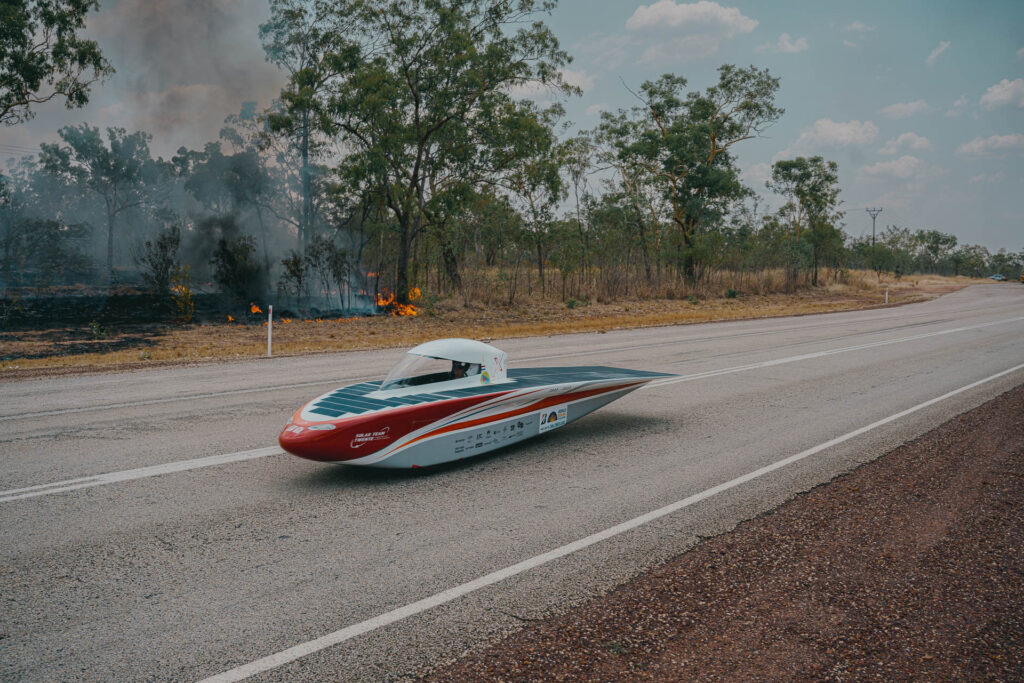
Fotograaf: Cas van Laar
Sprint race
After the forest fire, things calmed down on the road. As per strategy, the team drove on to the next control stop at Dunmarra. Just before the stop, Team Sonnenwagen Aachen came into sight. The ‘tukkers’ caught up with the team – which left first this morning – even before Dunmarra. At the control stop, there was another real sprint race. Drivers from Aachen and Twente rushed out of their cars. Just 11 seconds ahead, Twente driver Danique pressed the finish button just a little earlier to finish third on the day.
First night stop
After the control stop, Solar Team Twente drove on for another 45 minutes until the first night stop some eighty kilometers past Dunmarra. Here it arrived at 17:00. As a result, the team will start again tomorrow at 08:00 local time. Ahead of Solar Team Twente, only the Innoptus Solar Team from Leuven and the Brunel Solar Team from Delft are still racing with an estimated lead of 33 and 21 minutes respectively. Bouwman concludes, “Tomorrow will be an important day in which we need to increase the pressure in pursuit of the lead position.”
Solar Team Twente
Solar Team Twente is a student team which consists of students from Saxion University of Applied Sciences and the University of Twente. The team spent a year and a half designing and building the most efficient solar car in the world. With this solar car, the team will be at the start of the Bridgestone World Solar Challenge in Australia on October 22nd, 2023. For optimal preparation, it is essential that the team goes through various test phases in which not only the car, but also the team members are prepared for the race.
Bridgestone World Solar Challenge
The Bridgestone World Solar Challenge is the world’s largest solar race and takes place every two years in Australia. There are usually about 55 teams from all parts of the world at the start in Darwin. The race contains three classes, with Solar Team Twente competing in the Challenger Class, comparable to Formula 1 in regular car racing. The goal is to be the first to cross the finish line in Adelaide after 3021 kilometers on solar energy alone.
Due to the ever-changing regulations, all participating teams are challenged every edition to come up with new innovations. These innovations will ultimately contribute to making the mobility sector more sustainable worldwide.


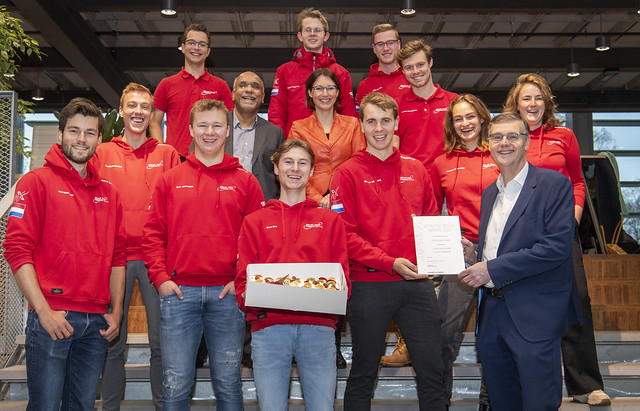
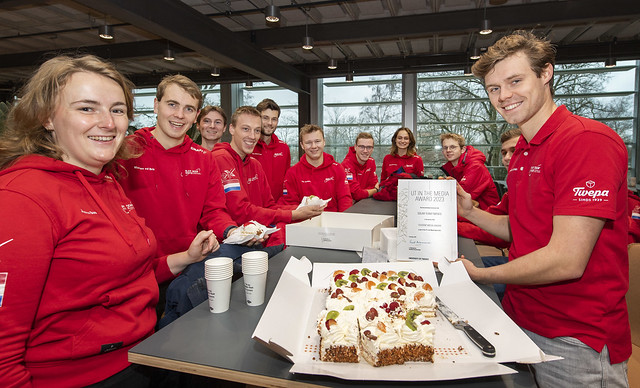
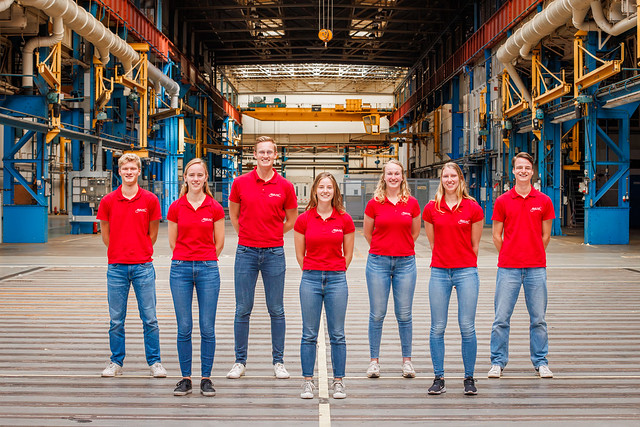
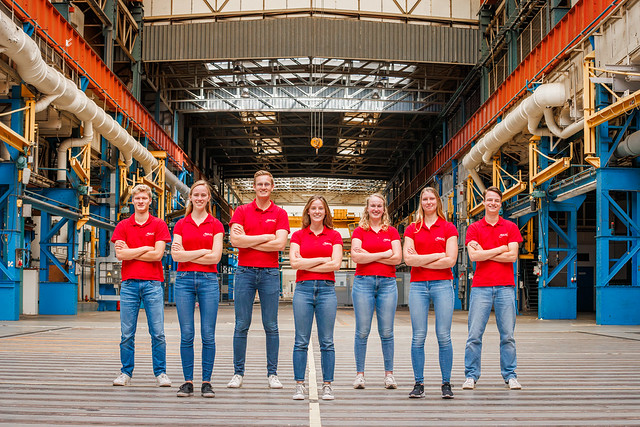
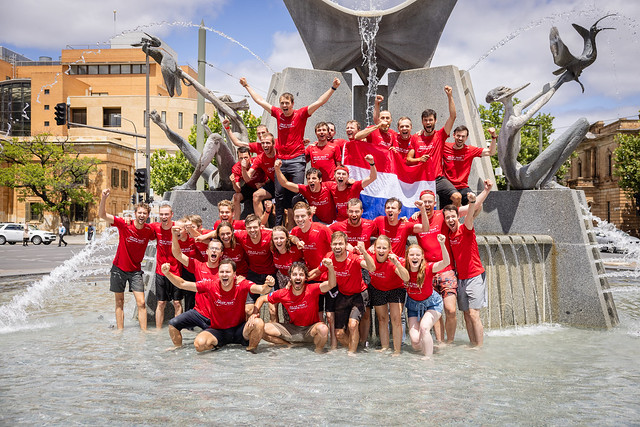





Recent Comments